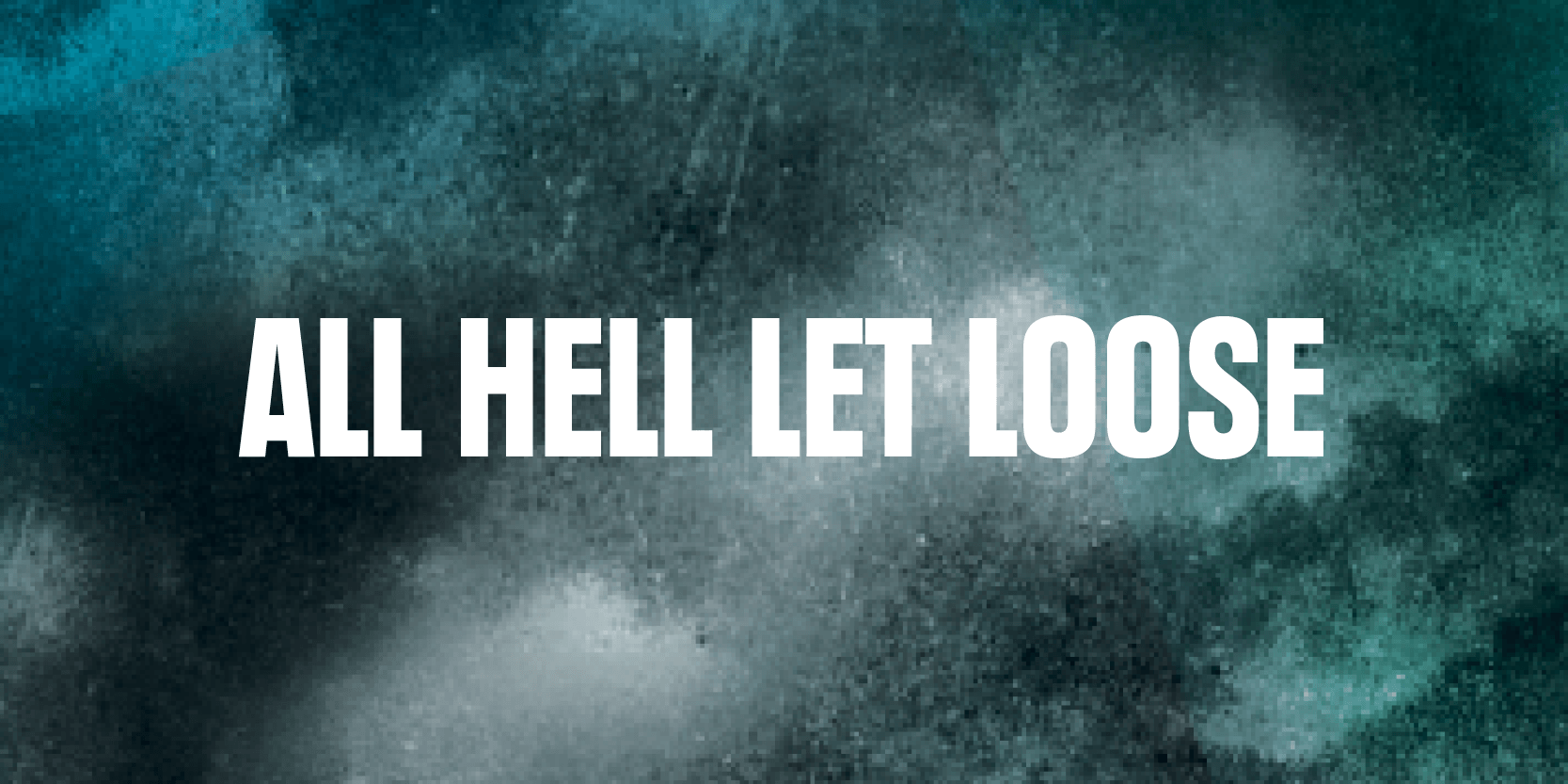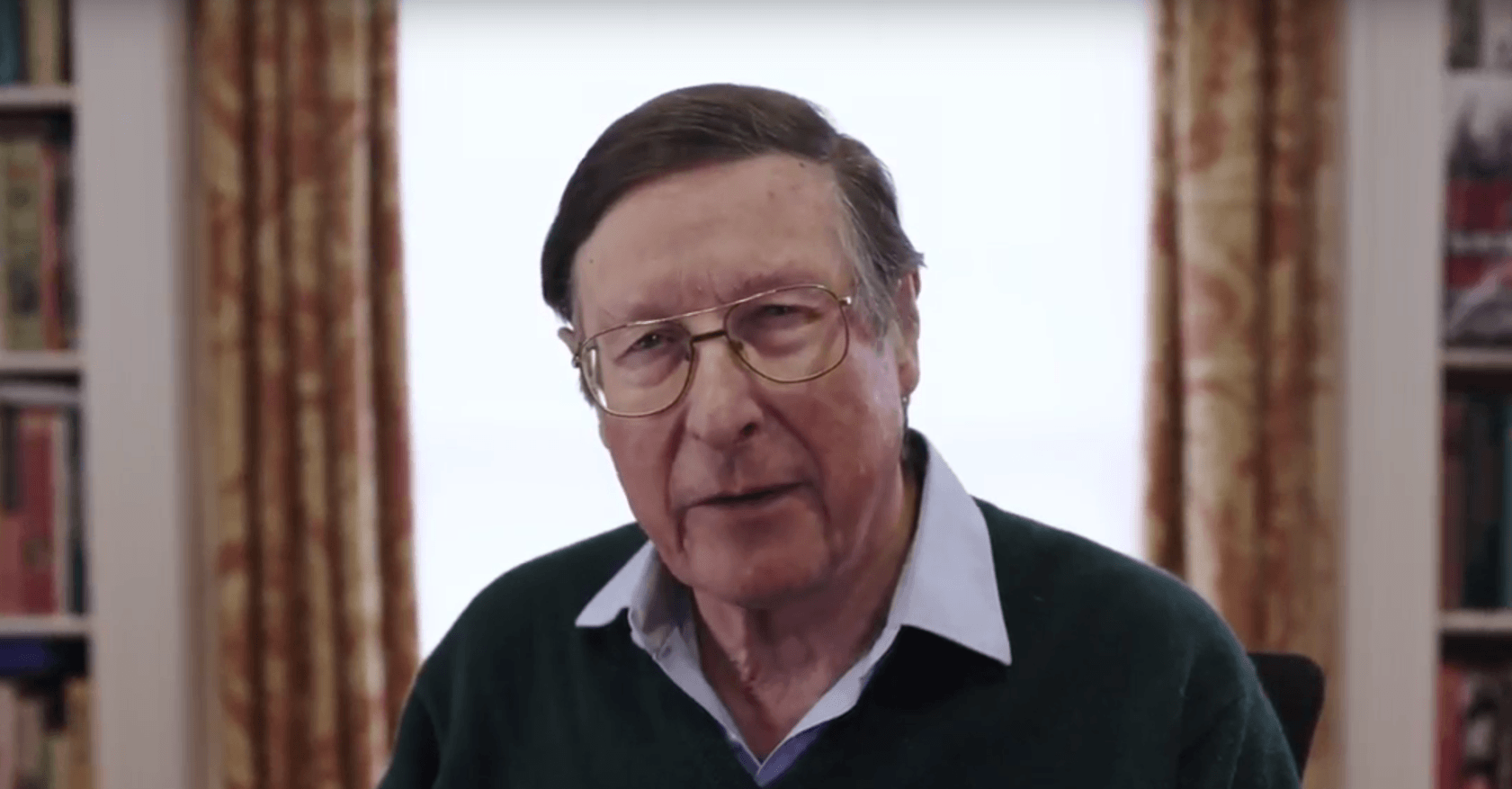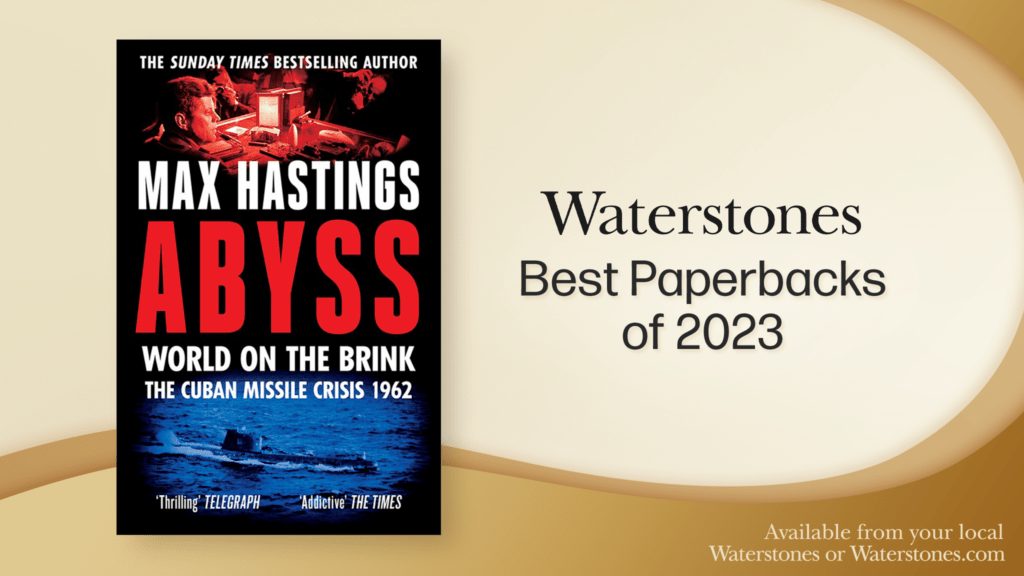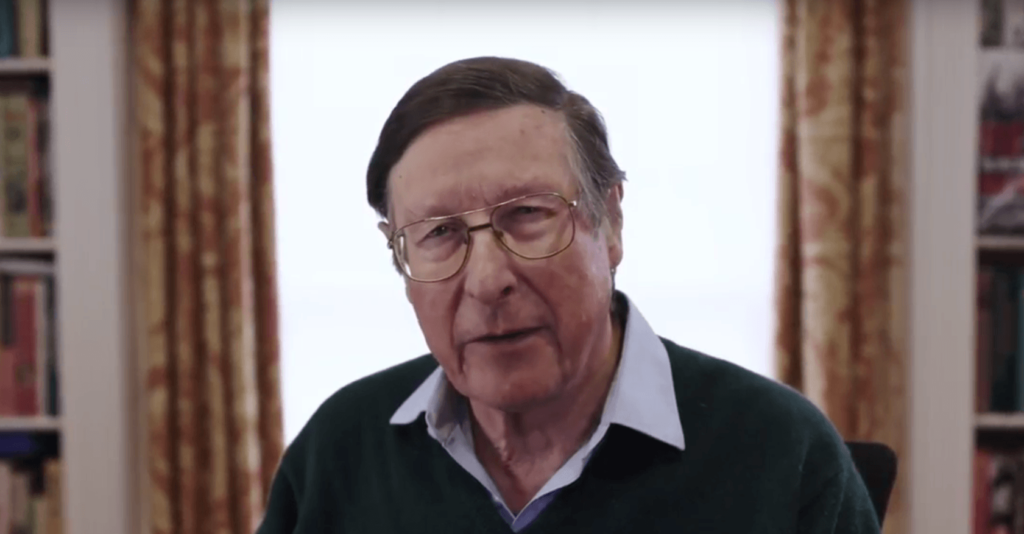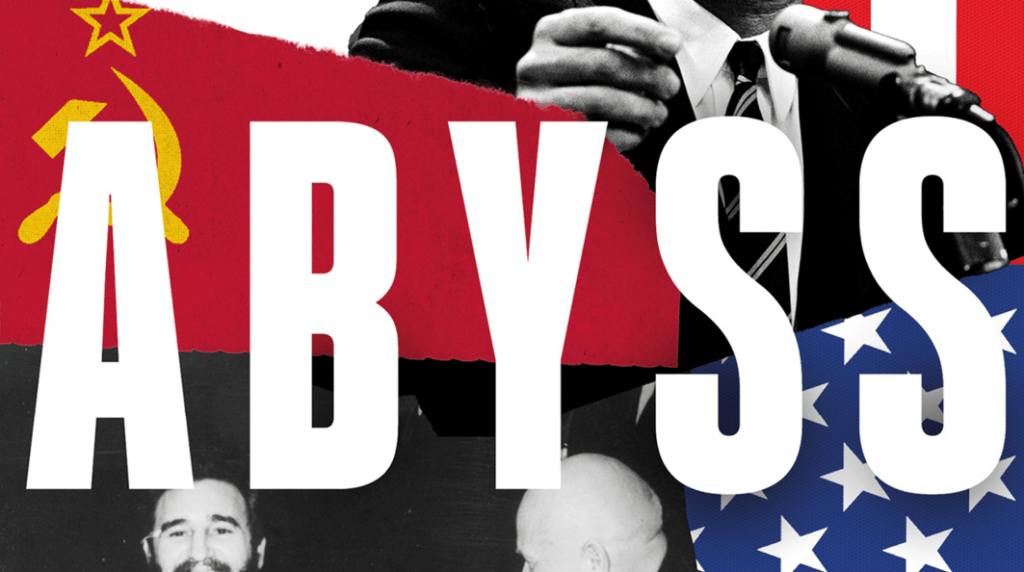Jonathan Yardley, Washington Post 4th November:
“Max Hastings begins his magisterial history of World War II with the simple declaration, “This is a book chiefly about human experience.” Nearly 500 pages later he expands upon that:
“Historians describe events chiefly in terms of clashes of arms, which of course determined outcomes. But the conflict should also be understood as a human experience which changed the lives of hundreds of millions of people, many of whom never saw a battlefield. Fear of injury or death created the most obvious apprehension, especially in the new age of air bombardment. But beyond this, there were many other causes of distress: about food and health; the absence of loved ones; the dissolution of communities. There were simple sorrows, such as being unable to give presents to loved ones. ‘Eva’s birthday,’ Victor Klemperer, a Jew rendered destitute by Nazi confiscation of all that he owned, wrote of his wife in Dresden on 12 July 1944. ‘My hands quite empty again, not even a flower.’ ”
Heartbreaking details such as that abound in “Inferno,” yet the book never descends into pathos. Instead it is at once a human history of the war and a military/political/diplomatic history as well. Hastings, the eminent British journalist and historian whose previous books include accounts of the Battle of Britain, D-Day, the Holocaust and the epochal leadership ofWinston Churchill, here has written what is essentially a work of synthesis, though it is fleshed out and given additional life by the testimony of eyewitnesses with whom he “held conversations at some time over the past thirty-five years.” It is an immense book that cannot be read in haste, and at moments the stories it tells are almost more than the heart and mind can bear, but press on: It is the best one-volume history of the war yet written — a judgment that includes Andrew Roberts’s fine but more conventional “The Storm of War,” published earlier this year — and its pertinence to a world still at war in 2011, albeit in different ways, is evident on almost every page.
Hastings no doubt would be the first to insist that this is less an account of battles, troop movements, great leaders and grand strategies than of people at war, yet in interweaving the stories of soldiers and civilians he makes plain, as have few others before him, that in truth they simply cannot be separated. Obviously there are books that focus on specific aspects of the war that also do justice to the human stories — a superb example is Antony Beevor’s “The Fall of Berlin, 1945” (2002), with its harrowing picture of the sufferings of German women at the hands of Soviet soldiers — but I know of no book that performs this feat throughout all six years of the war and extends it to theaters too often ignored, notably India and China.
We tend to think of this “world” war as essentially a European and East Asian conflict, but Hastings is at pains to emphasize that it really was a global conflict. To be sure, South America was relatively lightly affected — though Argentina, to its eternal shame, became a safe haven for Nazi war criminals — and with the exception of Pearl Harbor the United States went unscathed, but elsewhere devastation went unchecked. A “culture of massacre” prevailed on the Eastern Front and swiftly spread to virtually every other arena. In Japan the leadership instilled “a culture of ruthlessness indistinguishable from barbarism into its armed forces,” as we know from the familiar stories of Singapore and Burma and the Philippines; fewer people know that Chinese civilians were massacred “in their thousands and hundreds of thousands,” leaving their country “a great victim, second only to Russia in the scale of its sufferings and losses, while denied the consolation of any redemptive military achievement.”
It is important to understand that American forces were not innocent bystanders. We sentimentalize them now as the “Greatest Generation,” and of the courage and heroism that many of them displayed there can be no question, but we had our moments of disgrace. In Normandy, “looting remained a universal practice among Eisenhower’s armies throughout the campaign,” and in 1945 “the U.S. Army’s judge advocate general recorded a sharp increase in incidents of rape once Allied soldiers entered German territory.” On Guadalcanal, two exhausted young soldiers decapitated three Japanese dead and stuck their heads on poles facing the Japanese lines. When an officer “remonstrated fiercely that this was the conduct of animals,” one of the youths replied: “That’s right, Colonel, we are animals. We live like animals, we eat and are treated like animals, what the [expletive] do you expect?”
Stalin “decreed that pillage and rape were the rightful rewards of his soldiers for their sacrifices,” rewards bestowed under the most acute duress by women and householders in Germany, Poland, Yugoslavia, Hungary and Czechoslovakia. Stalin was a monster, of course, and that policy was monstrous, yet there is an uncomfortable truth that we Americans always have had difficulty accepting: “It was the Western Allies’ extreme good fortune that the Russians, and not themselves, paid almost the entire ‘butcher’s bill’ for [defeating Nazi Germany], accepting 95 per cent of the military casualties of the three major powers of the Grand Alliance.”This scarcely excuses pillage and rape, but the Red Army was “the main engine of Nazism’s destruction,” and without it the war almost certainly would have been lost or ended in a negotiated settlement that kept Hitler in power and the Jews of Europe facing total annihilation.
Having dealt previously with the Holocaust in “Armageddon” (2004), Hastings limits himself here to speculating about “why the Nazis accepted the economic cost of embarking upon the destruction of the Jewish people, diverting scarce manpower and transport to a program of mass murder while the outcome of the war still hung in the balance.” The answer appears to lie in the obsession within Heinrich Himmler’s SS with “the extinction of the Jews almost heedless of its impact on the country’s war-making.” It is important to mention, as Hastings does, that “the Allied nations were slow to respond to the death camps.” As he says: “Though little could have been done to save their inmates, any more than the millions of Russian prisoners who died in German hands, an insouciance pervades Allied documentation of the period which does scant credit to Britain or the United States. Even if Jews were not persecuted in the Anglo-Saxon societies, nor were they widely loved.”
Nobody escaped the war. A Russian captain wrote: “We understand the horrors of war, its relentless laws written in blood. But children, these blossoms of life, the blossoms of blossoms, these innocent holy souls, the beauty of our lives . . . they, who have done no harm to anyone . . . are suffering for the sins of their parents . . . We’ve failed to protect them from the beast. One’s heart bleeds, one’s thoughts freeze with horror at the sight of small bloodsoaked bodies . . . These small, frozen, dead eyes . . . reproach us, the living.” Animals, horses especially, died in numbers too vast to count. A Greek soldier who had to abandon “his beloved grey horse after it broke down in a snowdrift” grieved openly: “I saw it looking at me as I walked away. What a look that was, my friends. It revealed so much anguish, so much sadness. I wanted to cry, but the tears did not come. War leaves no time for such things.”
The “experience of combat for months on end, prey to fear, chronic exhaustion and discomfort, loss of comrades, separation from domestic life and loved ones, bore down upon every front-line fighter, wherever he was.” George Biddle, an American combat artist, wrote: “I wish the people at home, instead of thinking of their boys in terms of football stars, would think of them in terms of miners trapped underground or suffocating to death in a tenth-story fire . . . cold, wet, hungry, homesick and frightened.” Those people at home in the States “scarcely suffered at all” so far as food was concerned, as was also true in Canada, Australia and New Zealand, in sharp contrast to those elsewhere for whom “more than any other aspect of the war, food or lack of it emphasized the relativity of suffering.” The distinguished journalist Alan Moorehead wrote from Italy: “The animal struggle for existence governed everything. Food. That was the only thing that mattered. Food for the children. Food for yourself. Food at the cost of any debasement or depravity.” The point is underscored at length and in evocative prose in “War in Val d’Orcia” (1947), Iris Origo’s superb diary of Tuscany in 1943-44.
As I hope all of this suggests, a relatively brief review can only begin to indicate the depth, breadth, complexity and pervasive humanity of this extraordinary book. The literature of World War II is, as Hastings notes at the beginning of his bibliography, so vast as almost to defy enumeration or comprehension, but “Inferno” immediately moves to the head of the list. It is in all ways a monumental achievement.”
Jonathan Yardley, The Washington Post
